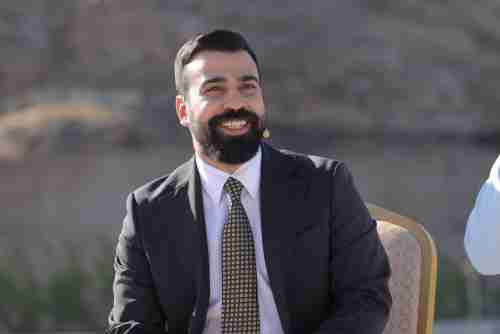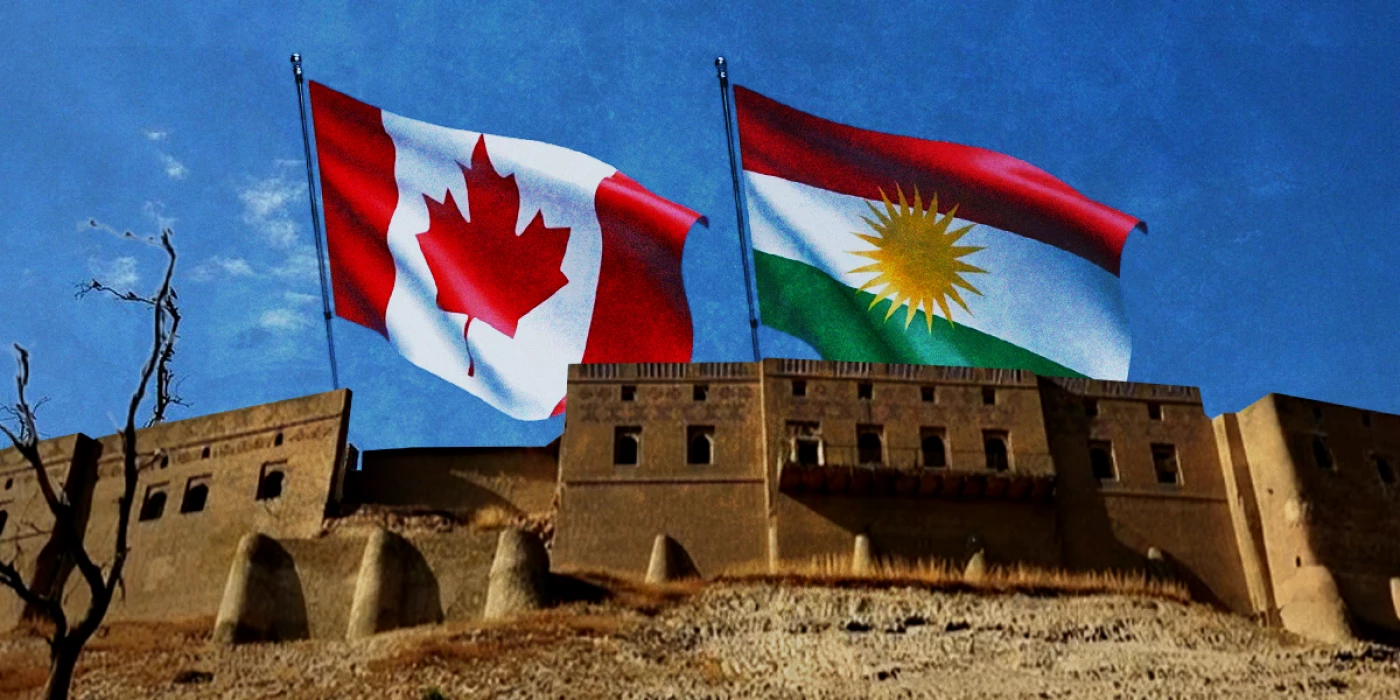The Canadian Embassy will close down its office in Erbil as a result of concluding its Middle East Engagement Strategy program that was adopted in response to the ISIS war, a source confirmed to The New Region on Wednesday.
“Between 2014 and 2016, due to the ISIS war, Canada established the Middle East Engagement Strategy to combat terrorism, provide humanitarian aid, and provide assistance to Iraqi and Peshmerga forces,” a source aware of the matteri told The New Region.
“The office in Erbil is closing down as the office was part of the strategy,” the source added.
The Canadian government plans to close down its embassy’s office in Erbil in March 2025 while also cutting down staff in the Embassy in Baghdad.
According to the source, the cut down in staff will only include employees of the mission that had been hired as part of the Middle East Engagement Strategy program.
“The Canadian government has decided to end the Middle East Engagement Strategy and shift to bilateral ties with Iraq,” he said.
According to the Canadian Embassy website, “Canada is investing more than $4.7 billion over 9 years (2016-2025) in a whole-of-government effort to respond to crises in Iraq and Syria, and their impact on Lebanon, Jordan and the region.”
Canada has worked on the strategy “through experienced partners on the ground including UN agencies, non-governmental organizations, and the International Red Cross/Red Crescent movement.”
The Kurdistan Region’s department of foreign relations has officially requested that the Canadian government review the decision of closing down its embassy office in Erbil.
“We have asked the Canadian Foreign Ministry through the KRG’s representative in the US, to not close down its office in Erbil,” an official from the department told The New Region on Tuesday.
The decision to end the strategy comes as the Iraqi government seeks to shift to bilateral relations with foreign diplomatic missions in the country.
Iraq currently seeks to end the mission of the US-led global coalition and the UNAMI mandate, citing its intentions to shift to relations based on bilateral interest where Iraq is seen as a sovereign state and not as a state that requires help.



 Facebook
Facebook
 LinkedIn
LinkedIn
 Telegram
Telegram
 X
X


